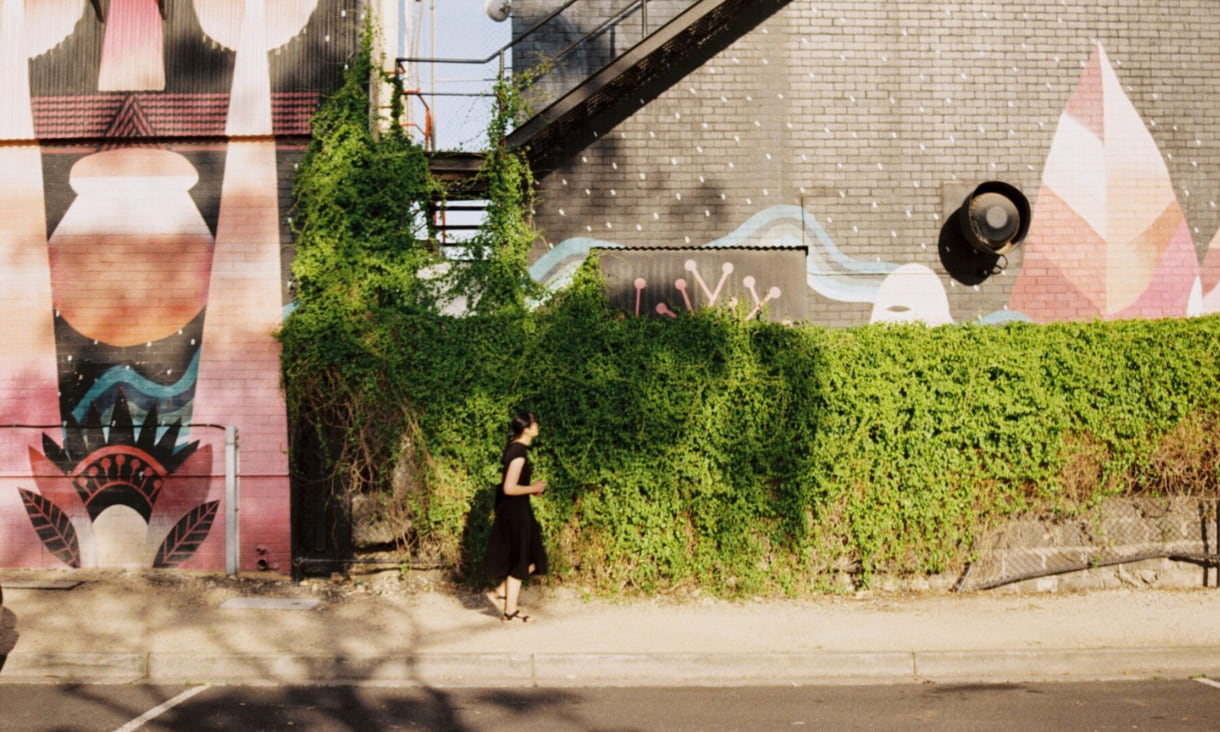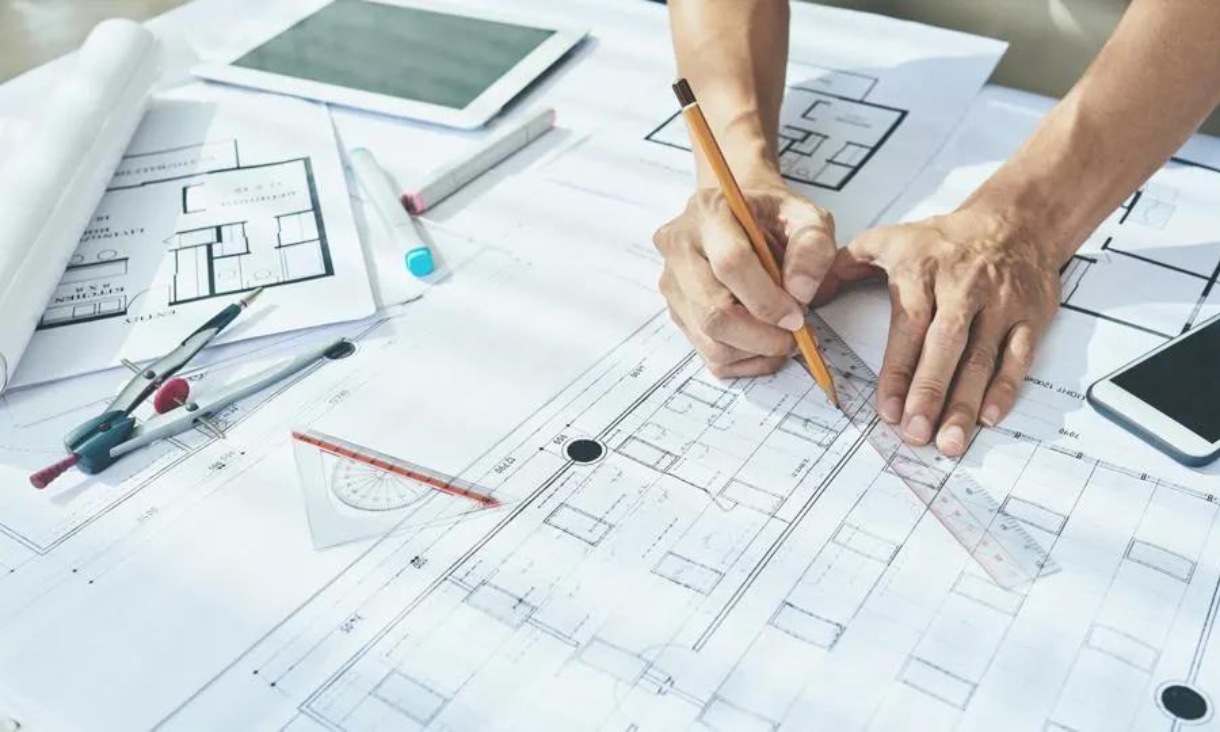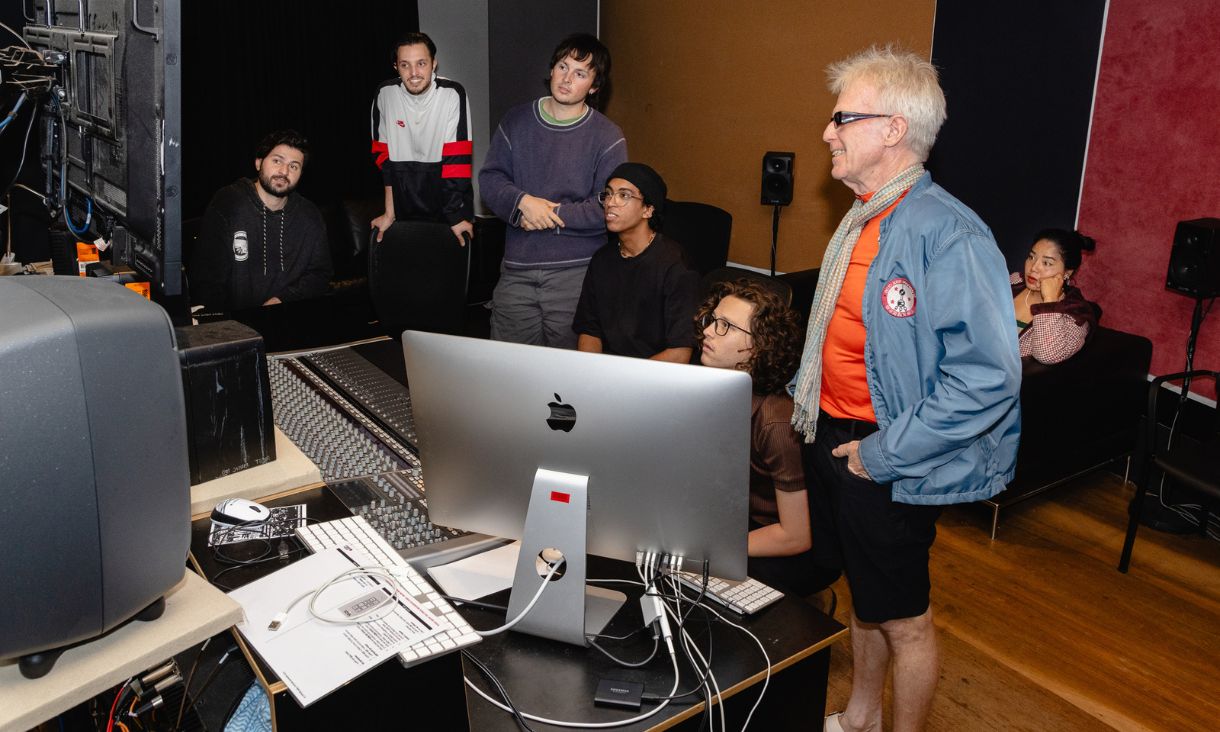MDW celebrates design in an annual 11-day program of talks, tours, exhibitions, launches, installations, and workshops. A partner since the program’s inception in 2017, RMIT will present a series of events in 2024 alongside RMIT Culture and RMIT Design Archives.
In 2024, the MDW theme is ecology, ethics and energy, which encompasses exploring the relationship between humans and things, addressing societal issues to make a positive community contribution and harnessing new technologies to power and empower through design.
Ranked number one in Australia for Art and Design in the QS World University Rankings by Subject, RMIT is globally recognised as a leading University for design education and research, with its innovative, best-practice teaching and programs offering deep industry connections.
Professor Tim Marshall Deputy Vice-Chancellor, Design and Social Context said RMIT is proud to once again be a partner of MDW.
“Melbourne Design Week is a hugely significant week for design practitioners, educators, businesses and the public, and it’s a pleasure to showcase the University’s design expertise as a partner and participant of MDW,” he said.
“Design plays a key role in addressing current and future challenges as we seek to shape a more inclusive, equitable and regenerative future. This mission is front of mind in our research, learning and teaching at RMIT, and this year’s MDW theme of ecology, ethics and energy resonates strongly throughout our activities.
“I look forward to immersing myself in the ideas and works presented across the whole MDW program, particularly from our academics, students and alumni,” Marshall said.
A treasure trove of data paving the way to a resilient community
Among the many events RMIT will create and contribute to is a Refuge: An Urban Resilience Hackathon, which will be hosted across multiple RMIT venues over three days, as well as in the ARUP office in the City of Melbourne.
“From parks to waterways, plazas to sporting fields, our civic infrastructures act as places of refuge and respite for both human and non-human residents alike,” said Professor Chris Speed, a Professor of Design for Regenerative Futures at RMIT and one of the organisers of the Hackathon.
“Refuge will explore the roles these infrastructures might play in creating more resilient cities and communities into the future.”
“A coalition of exciting partners have convened a treasure trove of datasets and skills sets to support innovative applications and analysis. “
The hackathon will with an inspirational program of speakers hosted at the ARUP offices, and the final pitch will occur in the afternoon on Saturday 26 May on the rooftop of the RMIT Design Building.”
More information about the event and ticketing can be found here.
Exploring ‘queering’ of interior design in toilets
Also at MDW 2024 is a student-based interior design project and global design pedagogy collaboration between RMIT University, University of the Arts London, and Toronto Metropolitan University called The Toilet Stories.
“The Toilet Stories studio explored the tactic of “queering” – which means deviating from the expected – through design, particularly regarding Melbourne’s public bathroom spaces,” said organiser Ashleigh Thompson, a student at RMIT.
“Over a number of weeks, intimate bathroom processes and iconic public restrooms in Melbourne were dissected and examined to determine who these spaces really benefit and how these existing conditions can be subverted.”
“This work inspired a series of clay pieces crafted through movements used in these kinds of bathroom spaces, exploring ideas of dirt and dirtiness in both their materiality and form.”
“The concept of exposure through materials, layout, function and design, also developed as one of the key narratives in this exhibit, subverting our expectations of what a bathroom should provide its inhabitants.”
“This event is open to all, with designs inclusive to queer communities and those with various mental and physical disabilities.”
More information and registration details can be found through this link.
New ideas for a suburb with a huge legacy
Also during MDW 2024, RMIT PlaceLab and Merri-bek City Council have collaborated to present Disruptive Ideas for Revitalising Coburg, a discussion designed to provoke new thinking and hear new perspectives, as Council plans to transform some of the under-used spaces it owns in the heart of Coburg.
The event will be hosted at Schoolhouse Studios, alongside a panel of ‘urban provocateurs’ to think about public space and urban design from new and often hyper-local angles.
This event will mark the start of a participatory design project where we will interrogate the way we understand place and design through a collaboration between RMIT academics and Master of Architecture students, and community members; building an understanding of how a revitalised Coburg can better support and enhance diverse public life – today and into the future.
More information and registration details can be found here.
RMIT at Melbourne Design Week 2024




